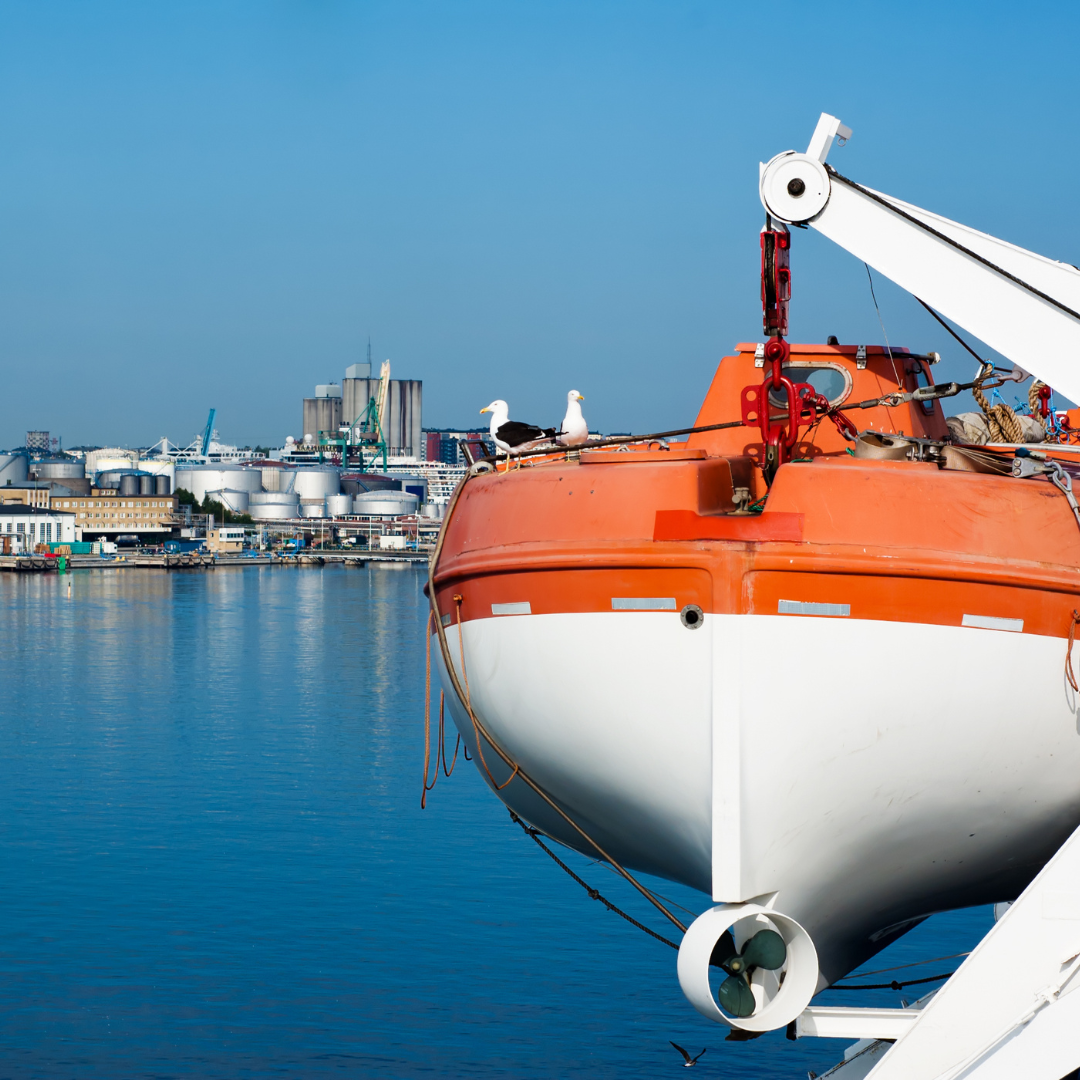
Top Reasons Why You Need an Emergency Fund
An emergency fund is a pool of money you set aside to cover unexpected expenses. It can help you stay afloat financially if you lose your job, have a medical emergency, or experience another unforeseen event.
Here are the top reasons why you need an emergency fund:
To protect your financial security.
An emergency fund can help you avoid debt or having to dip into your retirement savings if you experience an unexpected expense.
To reduce stress.
Knowing you have a financial cushion to fall back on can help you sleep better at night and reduce stress.
To give you peace of mind.
An emergency fund can provide peace of mind, knowing you are prepared for unexpected expenses.
To save for long-term goals.
Once you have built up your fund, you can use your extra money to save for long-term goals, such as retirement or a deposit on a house.
To protect your family.
An emergency fund can help you provide for your family if you cannot work due to an unexpected event.
To be prepared for anything.
The unexpected can happen at any time, so it is essential to be ready. Your fund can help you weather any storm.
To build wealth.
By setting aside money for your emergency fund, you are taking a step towards building wealth.
To be financially independent.
An emergency fund can help you achieve financial independence by allowing you to make choices about your work and life without worrying about money.
To set a good example for your children.
Teaching your children the importance of saving for money can help them develop good financial habits early in life.
Learn how to get more from your savings
Read more about how to save from Moneyhelper
If you don’t have an emergency fund, you can start saving today. Even a tiny amount can make a big difference in an emergency.
Here are some tips for building an emergency fund:
-
Start small.
Don’t try to save too much too soon. Start by setting aside £100 or £200 each month.
-
Automate your savings.
Set up an automatic monthly transfer from your current account to your savings account.
-
Make sacrifices.
You may need to make some sacrifices to save money for your emergency fund. This could mean eating out less, cancelling unnecessary subscriptions, or finding ways to save on your transportation costs.
-
Don’t touch your emergency fund.
The purpose of your emergency fund is to cover unexpected expenses. Don’t touch it for anything else, such as a holiday or a new car.
There are many different places to put your emergency funds and savings tax efficiently and don’t hesitate to contact us if you need help deciding which is the best way for you.
